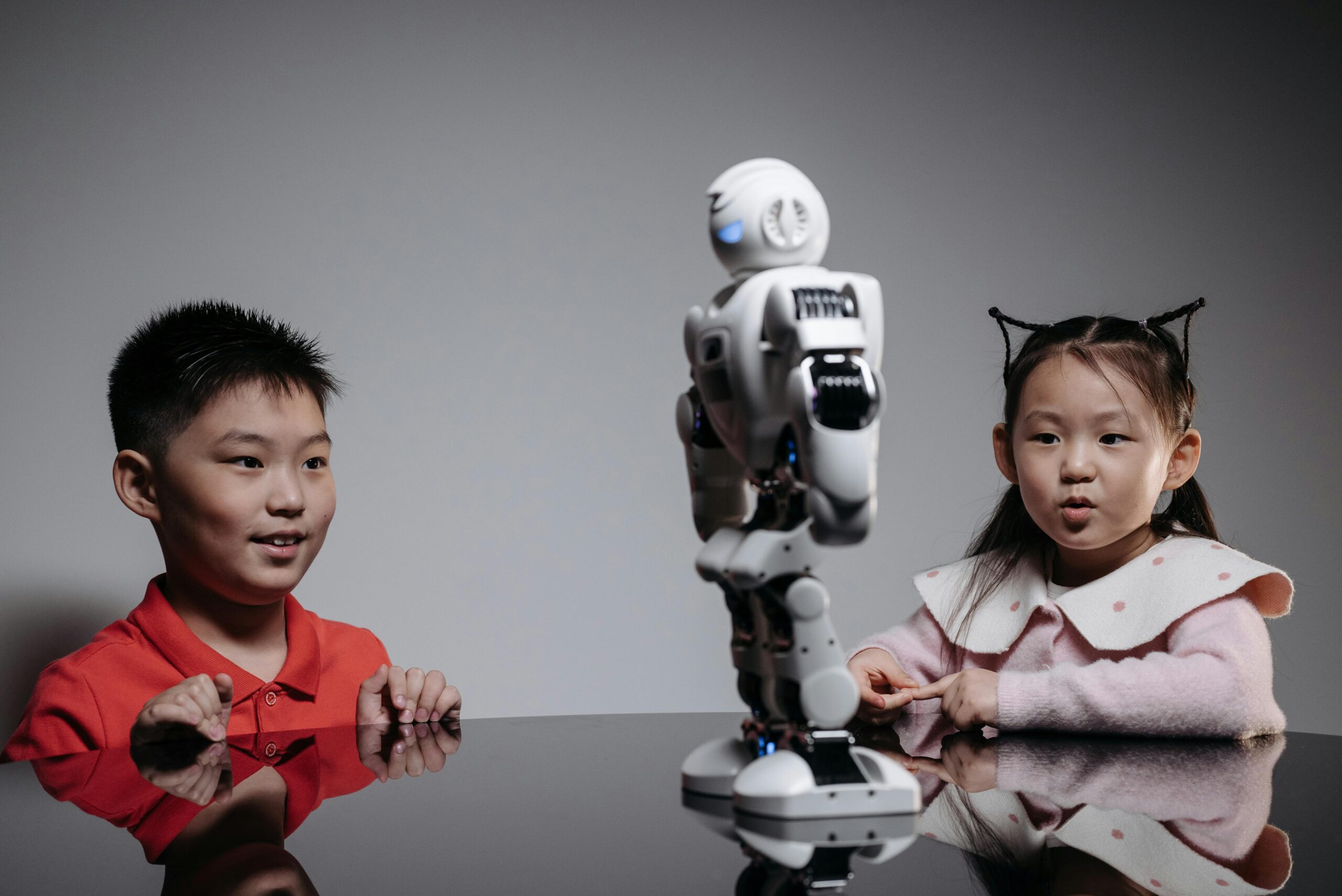Introduction
Technology is advancing at an unprecedented rate, shaping the way we live, work, and interact. From artificial intelligence to quantum computing, innovations are revolutionizing industries across the globe. In this article, we’ll explore some of the most frequently asked questions about technology and provide insightful answers that help us understand its impact on our world.
1. How Is Technology Shaping Our Future?
Technology is influencing every aspect of our lives, from healthcare and education to business and entertainment. With advancements in artificial intelligence, automation, and smart devices, our future is becoming increasingly digital. The integration of technology is expected to improve efficiency, enhance communication, and open new possibilities in various industries.

2. What Are the Latest Breakthroughs in Technology?
Some of the most recent technological breakthroughs include:
- Artificial Intelligence (AI): AI-driven chatbots, autonomous vehicles, and machine learning advancements.
- Quantum Computing: High-speed computations that surpass traditional computers.
- Biotechnology: CRISPR gene editing and personalized medicine.
- Renewable Energy: Advances in solar panels and battery technology.
- Metaverse: Virtual reality spaces for work, entertainment, and social interactions.
3. Why Is Artificial Intelligence Transforming Industries?
AI is revolutionizing industries by automating tasks, improving decision-making, and enhancing user experiences. In healthcare, AI aids in diagnosing diseases. In finance, it helps detect fraud. In customer service, AI-powered chatbots streamline communication. Businesses leveraging AI are gaining a competitive edge.
4. How Does Blockchain Ensure Data Security?
Blockchain technology provides a decentralized and tamper-proof ledger, ensuring secure transactions. Its applications include cryptocurrency, supply chain management, and secure voting systems. Blockchain reduces fraud by creating an immutable record of transactions.
5. What Are the Most Exciting Tech Innovations of the Decade?
The past decade has seen remarkable innovations, such as:
- 5G Technology: Faster and more reliable internet connectivity.
- Wearable Devices: Smartwatches, fitness trackers, and AR glasses.
- Electric Vehicles (EVs): Companies like Tesla advancing EV technology.
- Internet of Things (IoT): Smart homes and connected devices improving daily life.
6. How Can Smart Devices Improve Everyday Life?
Smart devices such as smart thermostats, security cameras, and voice assistants make daily life more convenient. These gadgets automate tasks, save energy, and enhance security, providing users with greater control over their environment.
7. Why Is Quantum Computing Considered the Future?
Quantum computers use quantum bits (qubits) to perform calculations at speeds impossible for classical computers. This technology holds the potential to revolutionize fields like cryptography, pharmaceuticals, and complex problem-solving.
8. How Do Self-Driving Cars Actually Work?
Self-driving cars use AI, cameras, sensors, and radar to navigate roads safely. Machine learning algorithms process data in real-time to detect obstacles, make driving decisions, and ensure passenger safety. Companies like Tesla and Waymo are leading the way in autonomous vehicle technology.
9. What Role Does 5G Play in Global Connectivity?
5G technology offers ultra-fast internet speeds, lower latency, and enhanced connectivity. It enables advancements in smart cities, remote work, telemedicine, and the expansion of IoT devices, making global communication seamless and efficient.
10. How Is Virtual Reality Changing the Gaming Industry?
Virtual reality (VR) is transforming gaming by providing immersive experiences. VR headsets like Oculus Rift and PlayStation VR allow players to engage in interactive worlds, enhancing gameplay and realism.
11. What Are the Ethical Concerns Surrounding AI?
Ethical issues related to AI include:
- Job Displacement: Automation replacing human jobs.
- Bias in AI Algorithms: Potential discrimination in decision-making.
- Privacy Concerns: AI collecting and analyzing user data.
- Autonomous Weapons: Ethical implications of AI in military applications.
12. How Does Biometric Technology Enhance Security?
Biometric technology, including fingerprint recognition, facial recognition, and iris scanning, enhances security by providing unique identifiers for individuals. This technology is widely used in smartphones, banking, and government security systems.
13. Why Is Cloud Computing Essential for Businesses?
Cloud computing enables businesses to store, manage, and access data remotely. It offers scalability, cost savings, and improved collaboration. Popular cloud service providers include AWS, Google Cloud, and Microsoft Azure.
14. How Will Wearable Tech Evolve in the Next 5 Years?
The future of wearable tech includes:
- Smart Clothing: Clothes that monitor health and fitness.
- Augmented Reality Glasses: Enhancing real-world experiences.
- Advanced Smartwatches: Offering medical-grade health tracking.
- Brain-Computer Interfaces: Allowing direct communication between the brain and devices.
15. What Are the Dangers of Cybersecurity Threats in the Digital Age?
Cybersecurity threats, including phishing, ransomware, and data breaches, pose significant risks. Individuals and businesses must adopt strong cybersecurity measures, such as multi-factor authentication, encryption, and regular security updates, to protect sensitive information.
Conclusion
Technology continues to evolve, shaping the future in ways we never imagined. From AI and quantum computing to cybersecurity and wearable tech, innovations are driving progress across all industries. As we embrace these advancements, it’s essential to consider ethical implications and security concerns to ensure a responsible technological future.
FAQs
1. What is the most important technological advancement today?
Artificial intelligence and machine learning are among the most significant advancements, impacting multiple industries.
2. How can individuals protect themselves from cybersecurity threats?
Using strong passwords, enabling two-factor authentication, and being cautious about online activities can enhance security.
3. Will AI replace human jobs in the future?
While AI may automate some tasks, it will also create new job opportunities in technology-related fields.
4. How will technology change education in the future?
Online learning, AI tutors, and virtual reality classrooms will revolutionize education, making it more accessible and interactive.
5. What industries benefit the most from blockchain technology?
Finance, supply chain management, healthcare, and cybersecurity benefit greatly from blockchain’s secure and transparent framework.

